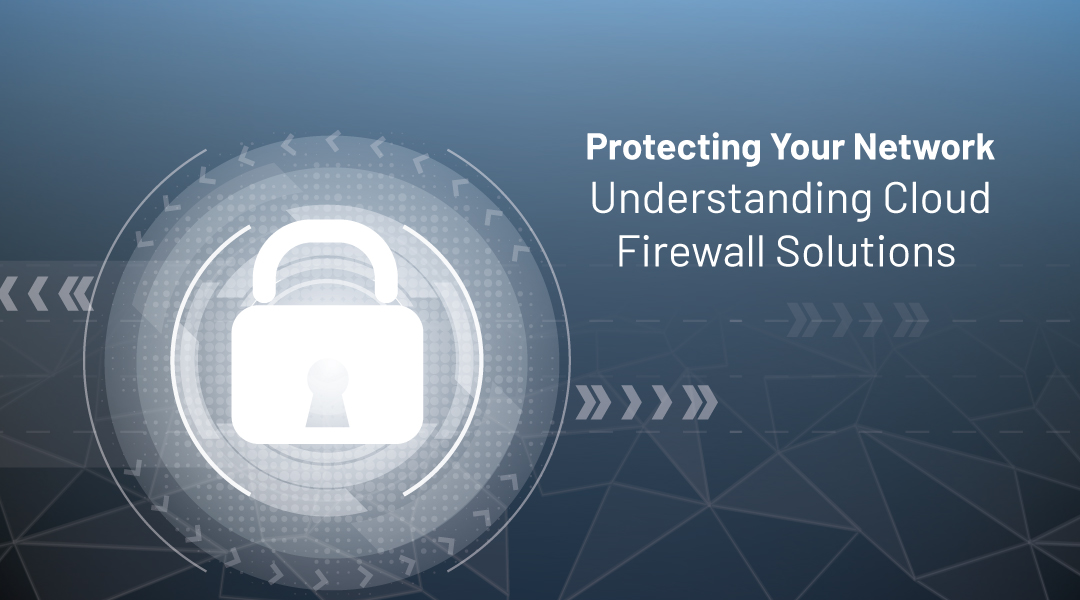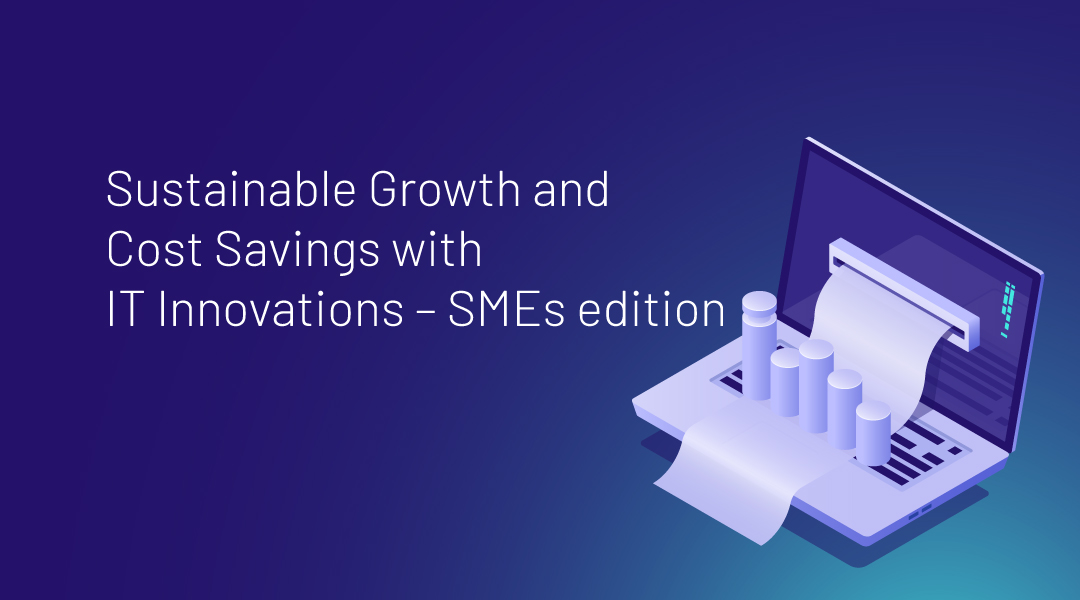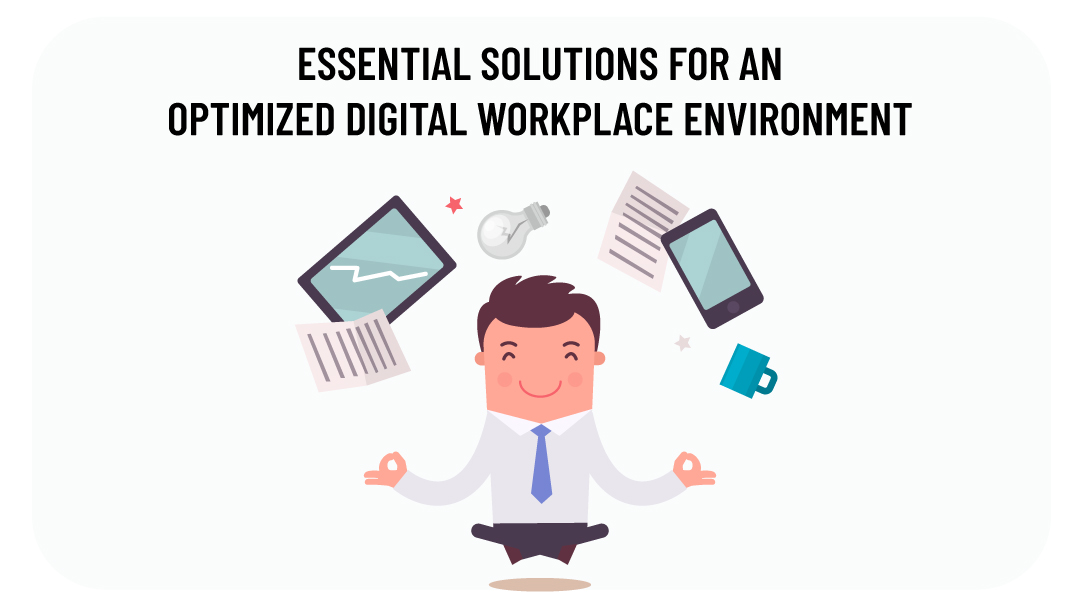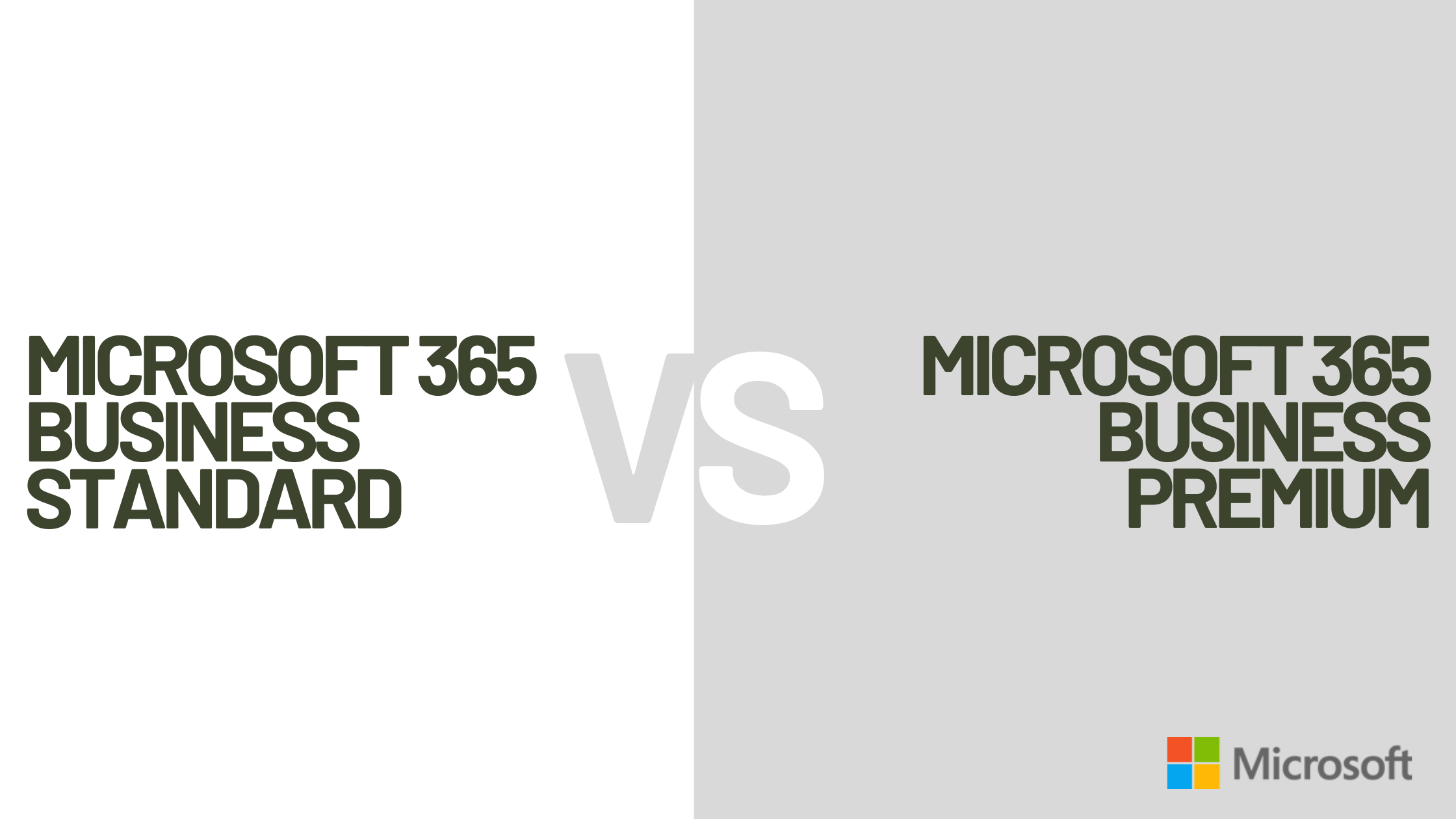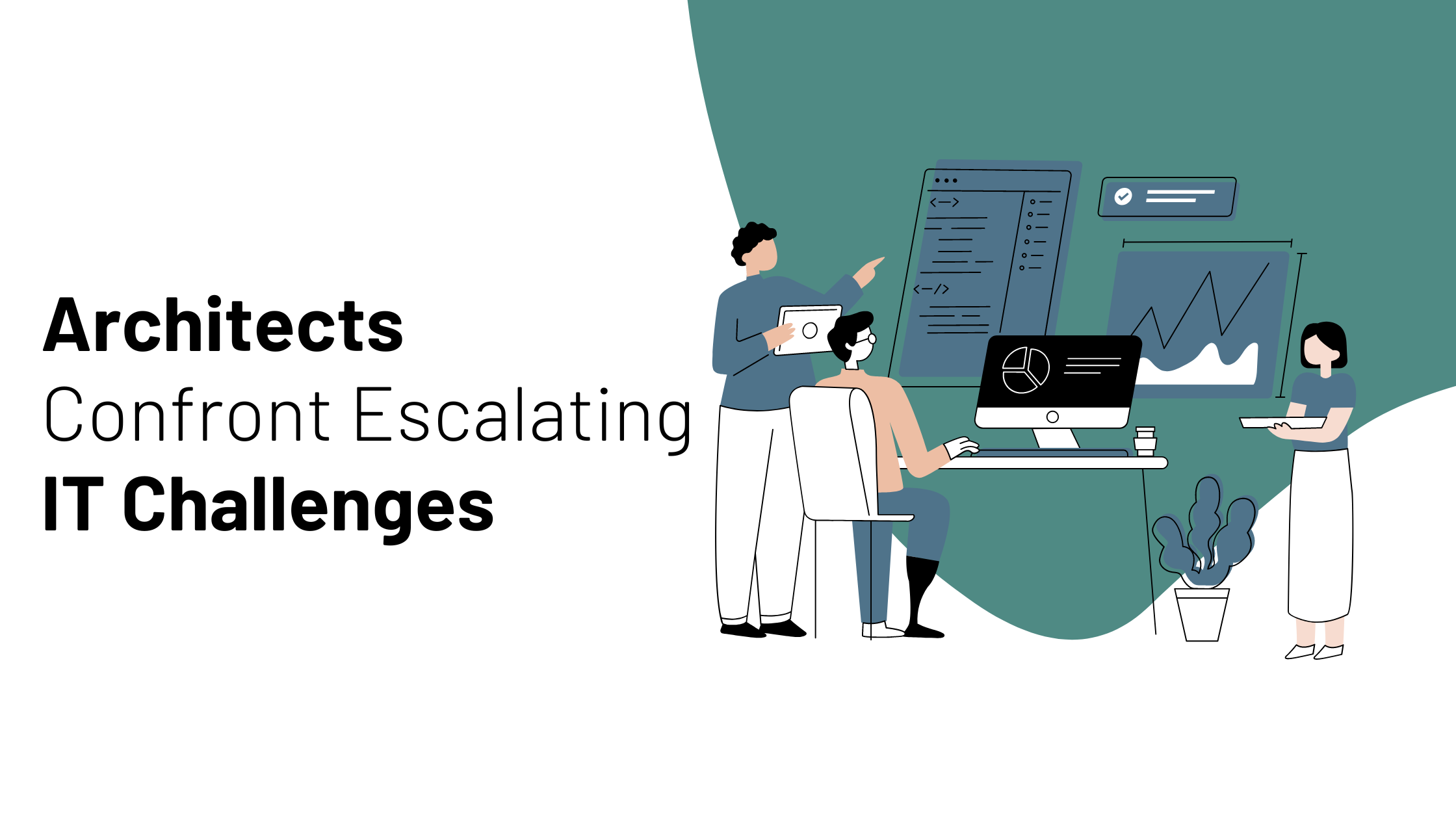The adoption of cloud technology has revolutionized the way organizations store, manage, and access their data. As cyber threats continue to evolve and become more sophisticated, it’s more important than ever for organizations to take steps to protect their cloud resources and secure their network. One key solution for securing the cloud is the use of a cloud firewall. A cloud firewall is a security tool specifically designed for the cloud environment, offering enhanced protection against network security threats. Unlike traditional on-premises firewalls, cloud firewall solutions can provide real-time protection for cloud resources, allowing organizations to better defend themselves against cyber threats such as malware, data theft, and cyber-attacks.
In this blog post, we will explore the world of cloud firewalls in-depth, starting with a definition of what cloud firewalls are and their role in protecting cloud resources. We will discuss the key differences between cloud firewalls and traditional on-premises firewalls, and why cloud firewalls are increasingly becoming an essential tool for organizations that are using the cloud.
Cloud firewall: Definition
A cloud firewall refers to a security solution designed specifically to protect cloud resources from network security threats. It acts as a gatekeeper, inspecting and filtering incoming and outgoing network traffic to ensure that only authorized traffic is allowed to pass through.
The cloud firewall sits between an organization’s on-premises network and the cloud service provider’s network, providing an extra layer of security to protect against cyber threats such as malware, data theft, and cyber-attacks.
Unlike traditional on-premises firewalls, cloud firewalls are designed to be flexible and scalable, making them an ideal solution for organizations that are rapidly adopting cloud technology.
With a cloud firewall in place, organizations can confidently use cloud resources to store, process, and manage their sensitive data and systems, knowing that their data is protected from network security threats.
Importance of cloud firewalls
With more sensitive data and systems being stored and processed in the cloud, it’s essential to ensure that these resources are protected from network security threats.
One of the key ways to protect cloud resources is by implementing a cloud firewall. As organizations continue to adopt cloud technology, the need for effective cloud security solutions has become increasingly important. The cloud firewall provides an additional layer of security that helps to protect cloud resources from cyber threats such as malware, data theft, and cyber-attacks.
The cloud firewall acts as a gatekeeper, inspecting and filtering incoming and outgoing network traffic to ensure that only authorized traffic is allowed to pass through.
It can also include features such as
- intrusion detection and prevention,
- application control,
- traffic shaping
to provide a comprehensive security solution for the cloud.
By implementing a cloud firewall, organizations can secure their cloud resources and protect against network security threats, helping to ensure the confidentiality, integrity, and availability of their data and systems in the cloud. In addition, a cloud firewall can help organizations to save costs and improve the scalability and disaster recovery capabilities of their IT infrastructure.
Key features of a cloud firewall
Cloud firewall provides a comprehensive security solution for the cloud by offering a range of key features that help to protect cloud resources from cyber threats. Some of the key features of a cloud firewall include:
- Intrusion Detection and Prevention: This feature monitors network traffic for signs of malicious activity, such as cyber-attacks, and blocks the traffic if it is deemed harmful.
- Application Control: This feature allows organizations to control which applications are allowed to run in the cloud, helping to protect against malware and data theft.
- Traffic Shaping: This feature allows organizations to manage the flow of network traffic, helping to ensure that critical systems and data are prioritized and that less important traffic is deprioritized.
- VPN Support: This feature enables organizations to securely connect to the cloud using a virtual private network (VPN), providing an additional layer of security for their cloud resources.
- URL Filtering: This feature allows organizations to control which websites and online services their users can access, helping to prevent malware and data theft.
Benefits of cloud firewalls
The adoption of a cloud firewall provides organizations with a range of key benefits, making it an essential component of a comprehensive cloud security strategy.
Improved Security
By implementing a cloud firewall, organizations can secure their cloud resources from cyber threats such as malware, data theft, and cyber-attacks. The cloud firewall acts as a gatekeeper, inspecting and filtering incoming and outgoing network traffic to ensure that only authorized traffic is allowed to pass through.
Cost Savings
By leveraging the economies of scale that come with cloud technology, organizations can reduce their overall IT costs. The cloud firewall can be deployed and managed more cost-effectively than traditional on-premises firewalls, helping organizations to save costs while still maintaining a high level of security.
Scalability
The cloud firewall is highly scalable, making it ideal for organizations that are rapidly adopting cloud technology. As organizations grow, they can easily add additional resources to their cloud firewall to meet their changing security needs.
Disaster Recovery
In the event of a disaster, a cloud firewall can provide organizations with a rapid and effective solution for disaster recovery. By leveraging the cloud, organizations can quickly recover their data and systems and minimize downtime, helping to ensure business continuity.
Confidence in Adopting Cloud Technology
The cloud firewall provides organizations with the confidence they need to adopt cloud technology and integrate it into their overall IT strategy. By providing organizations with an additional layer of security, the cloud firewall helps to ensure the confidentiality, integrity, and availability of their data and systems in the cloud.
Security coverage across multiple offices and locations
With a cloud firewall, organizations can secure their entire network, regardless of where their employees and resources are located. This can be especially useful for organizations with remote workers, branch offices, or multiple locations. Having a centralized cloud firewall solution also allows for easier management and monitoring of network security. IT administrators can easily manage security policies, monitor network traffic, and respond to security incidents from a single console, regardless of the location of their network resources. This can help organizations to more efficiently and effectively secure their network and protect against security threats.
Choosing the right solution
When it comes to choosing a cloud firewall solution, there are several key considerations that organizations need to keep in mind. These include compatibility with existing IT infrastructure, security features, and cost. To choose the right cloud firewall solution for their organization, organizations need to consider the following:
- A solution that is compatible with existing IT infrastructure: This includes considering the cloud provider that they are using, the operating systems they are running, and the applications they have deployed. Organizations also need to consider the compatibility of their cloud firewall solution with their existing security tools and systems.
- A cloud firewall solution that provides the security features needed: Features such as intrusion detection and prevention, application control, and traffic shaping.
- The level of customization that is available for cloud firewall solutions, as well as its ability to provide real-time reporting and logging.
- The cost of cloud firewall solution when choosing the right solution: The upfront cost of purchasing the solution, as well as any ongoing maintenance costs that may be associated with it.
- Scalability of the cloud firewall solution, as the security needs may change over time.
How can ITAF help you?
As an IT infrastructure partner and experienced cloud provider, ITAF can help its customers by offering a range of cloud-based solutions and services, including a cloud firewall. By providing a secure and reliable cloud firewall solution, ITAF can help its customers to protect their cloud resources and secure their network against a wide range of security threats.
In addition, ITAF’s expertise as an IT infrastructure partner and cloud provider can help its customers to choose the right solution for their organization. By considering the customer’s existing IT infrastructure, security needs, and budget, ITAF can recommend a cloud firewall solution that meets the customer’s specific requirements and provides the right level of protection for their cloud resources.
By working with ITAF, customers can benefit from a range of benefits, including improved security, cost savings, scalability, and disaster recovery.
Contact ITAF or book a free call to discuss adopting cloud technology and integrating it into your overall IT strategy.

